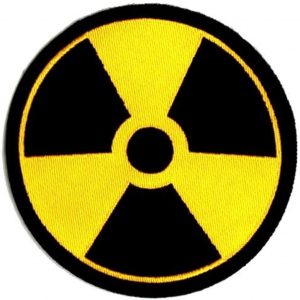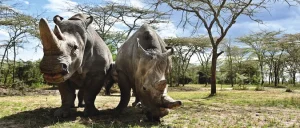The National Agency for Food and Drug Administration and Control, NAFDAC, Nigeria’s food and drugs regulator, has banned popular herbicides Paraquat and Atrazine.
Moratorium for the exhaustion of available stock of Paraquat will be December, 2023, and Atrazine is January, 2024. Ban and enforcement action for Paraquat and Atrazine will commences on 1 January, 2024 and 2025 respectively.
Paraquat was first manufactured in 1962. It works by contact (not systemic) and is nicknamed ‘quick action’ by local farmers because it burns and kills weeds in hours.
On exposure, it absorbs quickly into the body and causes toxic chemical reactions that lead to widespread damage to the liver, kidney and lungs.
Many long-time users reportedly, develop Alzheimer’s disease later in life.
United States still allows Paraquat, but by commercially licensed users. UK banned Paraquat in 2007, but manufactures and exports it to countries where use is still permitted.
EU banned Paraquat in 2007, and Switzerland banned it since 1989.
Nigerian commissioners of agriculture in a communique after their meeting in the International Institute of Tropical Agriculture, IITA, Ibadan, on 18 February, 2020, advised NAFDAC to ban the us of Paraquat in Nigeria. They cited its association with Parkinson’s disease among farmers later in life.
They also quoted other health and environmental concerns by weed scientists correlated to its use. They advised farmers to use Glyphosphate herbicides more than Paraquat.
Glyphosphate is nicknamed ’roundup’ by local farmers because it is systemic and takes up to two weeks to be totally absorbed and completely kills weeds.
Also banned by NAFDAC in Nigeria is Atrazine.
Seven countries in the European Union have banned Atrazine: France, Sweden, Denmark, Finland, Germany, Austria and Italy.
Atrazine is linked to increased risk of prostate cancer and decreased sperm count in men, and a higher risk of breast cancer in women.
Exposure to Atrazine at levels as low as 0.1 parts per billion has been shown to affect the development of sex characteristics in frogs.
US has not banned Atrazine, but is reviewing its use.











